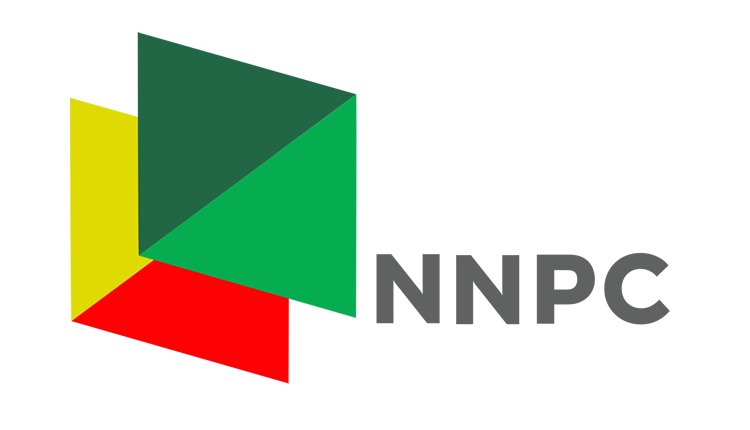Revisiting the ‘Yorubacentric’ NNPC Debate: A Closer Look at Bayo Ojulari’s Northern Roots
 In last week’s column, I discussed what I described as the “relentless Yorubacentric takeover” of the Nigerian National Petroleum Company (NNPC), based on insights from a Yoruba supporter of President Tinubu. This piece sparked far more debate than anticipated, especially among Northern politicians like former Kaduna State Governor Nasir El-Rufai, who, having been sidelined by Tinubu after offering his staunch support, seized the opportunity to criticize the current administration. This kind of political opportunism is not new in Nigerian politics.
In last week’s column, I discussed what I described as the “relentless Yorubacentric takeover” of the Nigerian National Petroleum Company (NNPC), based on insights from a Yoruba supporter of President Tinubu. This piece sparked far more debate than anticipated, especially among Northern politicians like former Kaduna State Governor Nasir El-Rufai, who, having been sidelined by Tinubu after offering his staunch support, seized the opportunity to criticize the current administration. This kind of political opportunism is not new in Nigerian politics.
However, it is important to clarify a significant detail about the column, one that I feel compelled to revisit. A close friend pointed out that Bayo Ojulari, rumored to be Tinubu’s pick to succeed Mele Kyari as NNPC head, is not just a Yoruba man but specifically a Yoruba northerner from Kwara State. This revelation shifts the entire context of my original argument.
Had I been aware of Ojulari’s specific background, I would have approached the issue differently. I do not intend to perpetuate divisive ethnic narratives, such as the ones that emerged during Olusegun Obasanjo’s presidency, where the North was artificially split into “core” and “peripheral” regions. Historically, Northern identity in Nigeria transcends ethnicity and religion, uniting diverse groups under a shared geo-political and cultural construct.
A northerner, as defined in this context, includes anyone from the former Northern Region, regardless of their ethnic or religious background. Being a northerner is not a matter of approval from any group; it’s an identity shaped by history and geography. This is the perspective I wish to highlight, as it is essential to recognize that Ojulari, an engineer trained at Ahmadu Bello University, holds the same northern identity as any other individual from the region, regardless of his Yoruba heritage.
To suggest that Ojulari cannot lead the NNPC because of his ethnicity invites uncomfortable questions about the true nature of Northern identity and its boundaries. If he is excluded based solely on his ethnicity, it would create further divisions and reinforce unjust stereotypes about the region’s inclusiveness.
This clarification, however, does not detract from my broader critique of the perceived “Yorubacentric” tendencies within Tinubu’s government. The NNPC’s assertion that merit alone governs its staffing decisions is disingenuous, especially in a plural society like Nigeria where political considerations and symbolic representation often play decisive roles.
In Nigeria, where institutions are often weak, the leadership of agencies like the NNPC heavily influences their direction. This is evident from the impact Dora Akunyili had on NAFDAC, Nuhu Ribadu’s leadership at the EFCC, and Yemi Kale’s role in transforming the National Bureau of Statistics (NBS). These agencies flourished due to visionary leadership. However, the NNPC, historically known for inefficiency and dysfunction, operates as a vehicle for political patronage and cronyism, where leadership appointments are deeply rooted in political considerations.
Thus, while merit is important, the selection of leadership at the NNPC is ultimately political. This means that, in the context of Nigerian politics, any appointment—such as Bayo Ojulari’s potential appointment—will inevitably be viewed through the lens of ethnic and regional politics.













